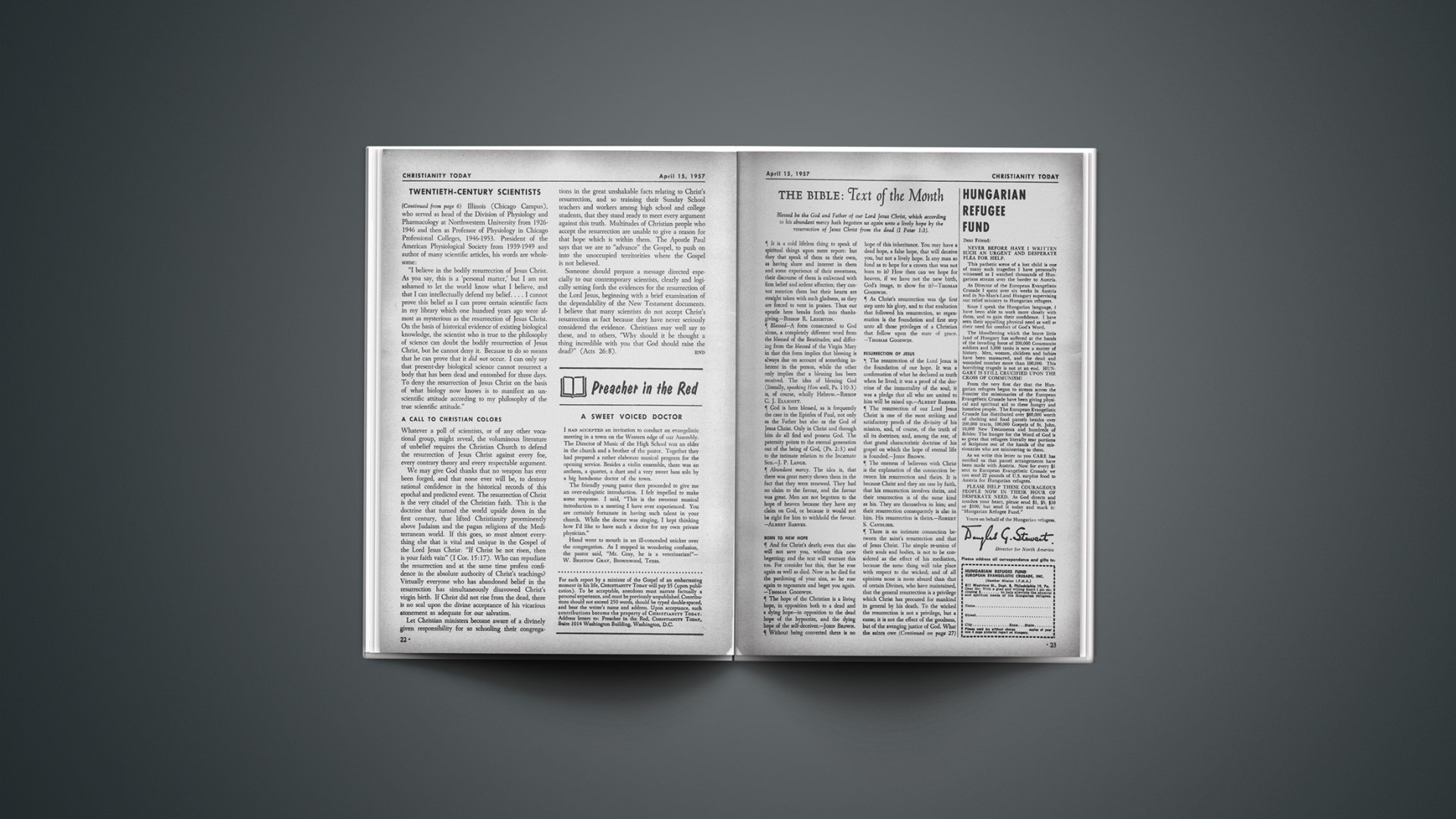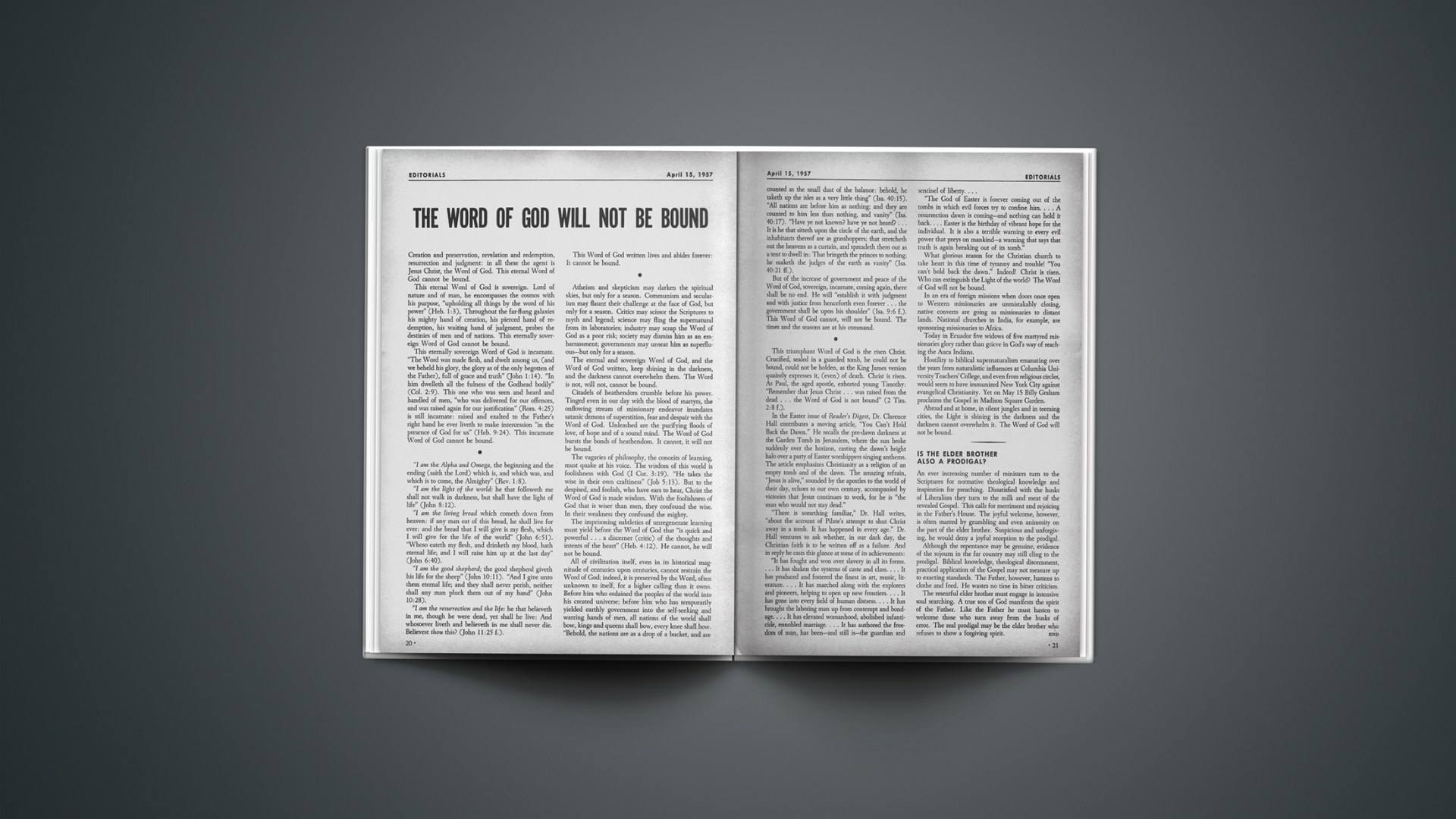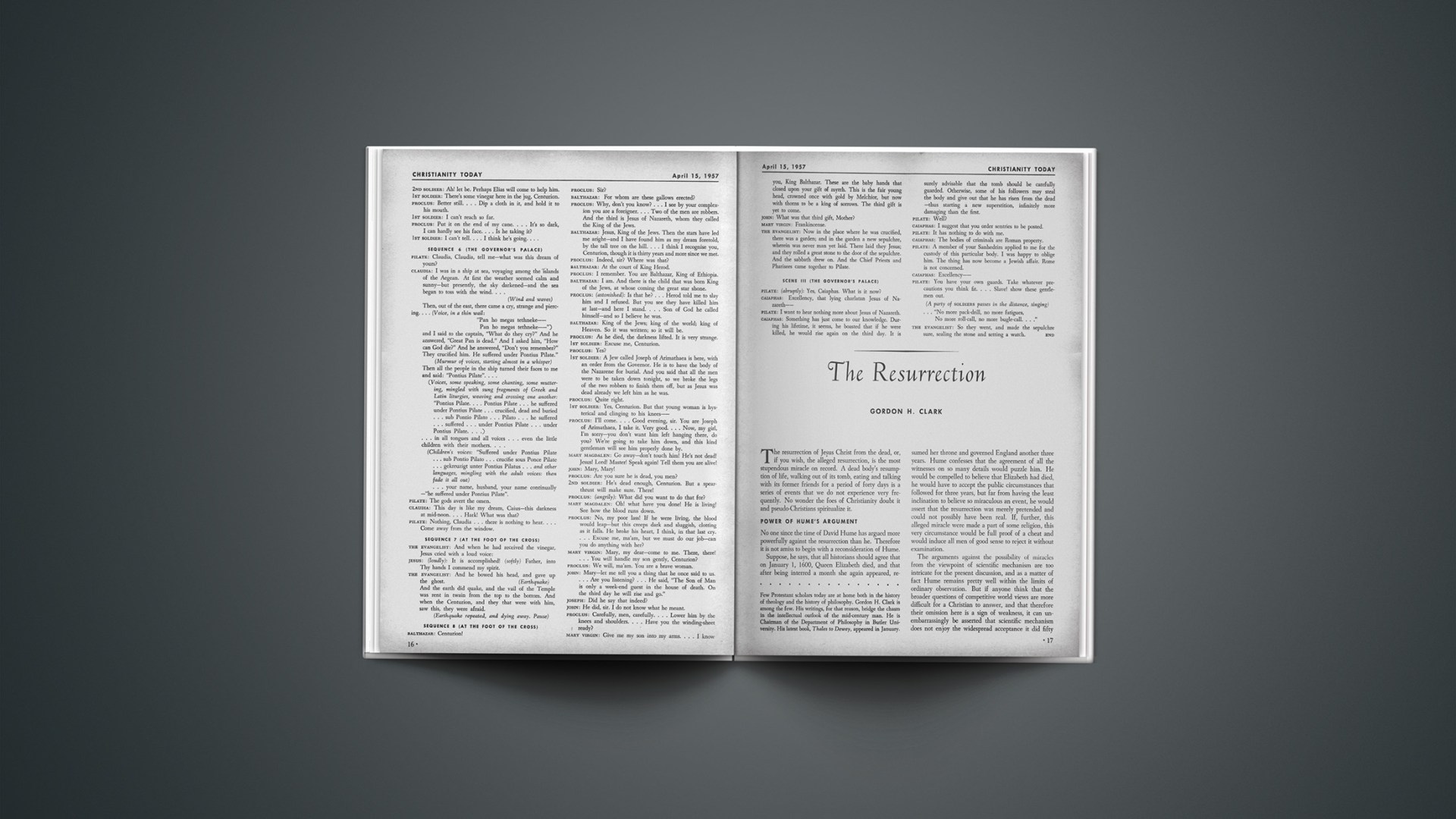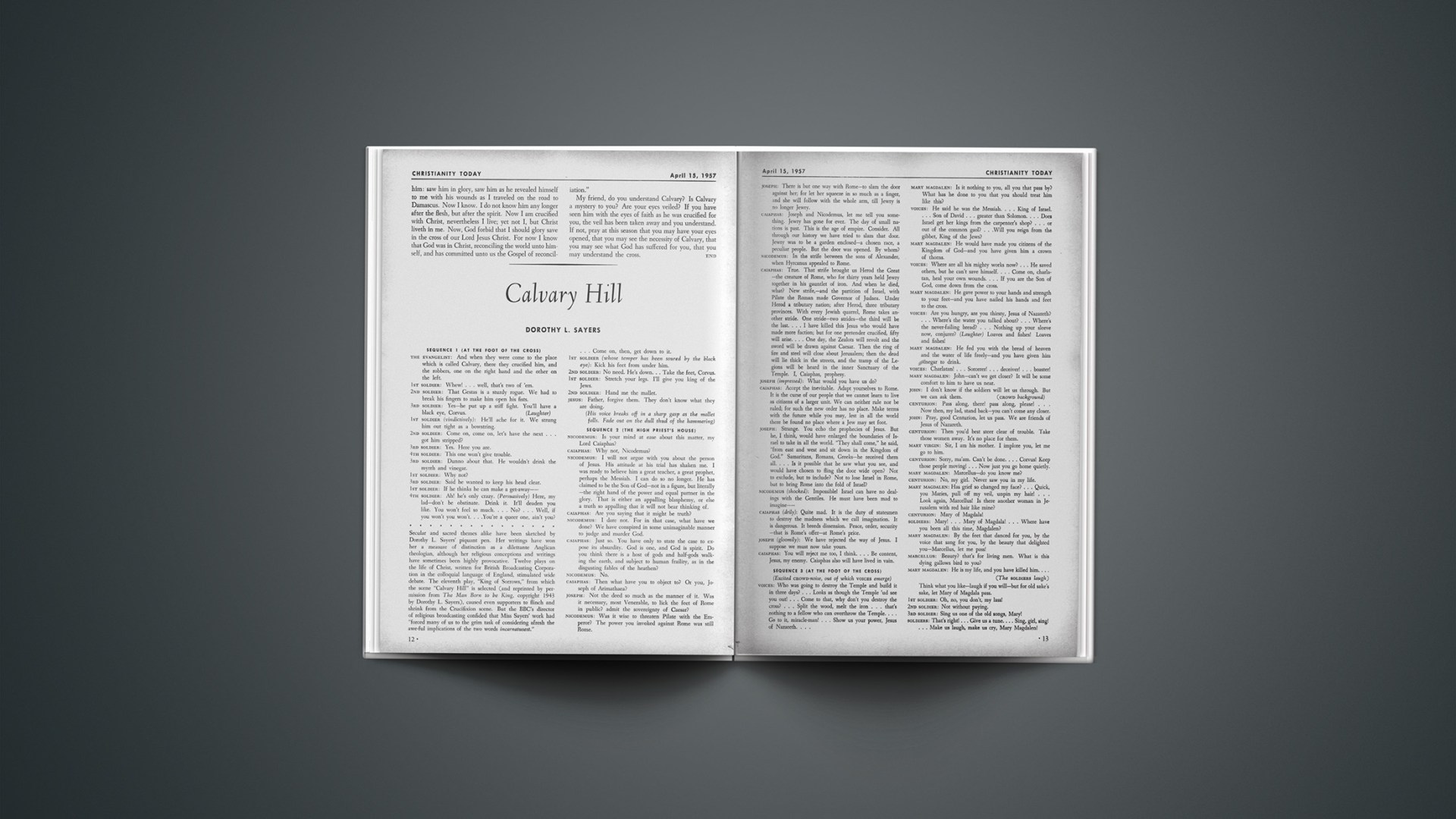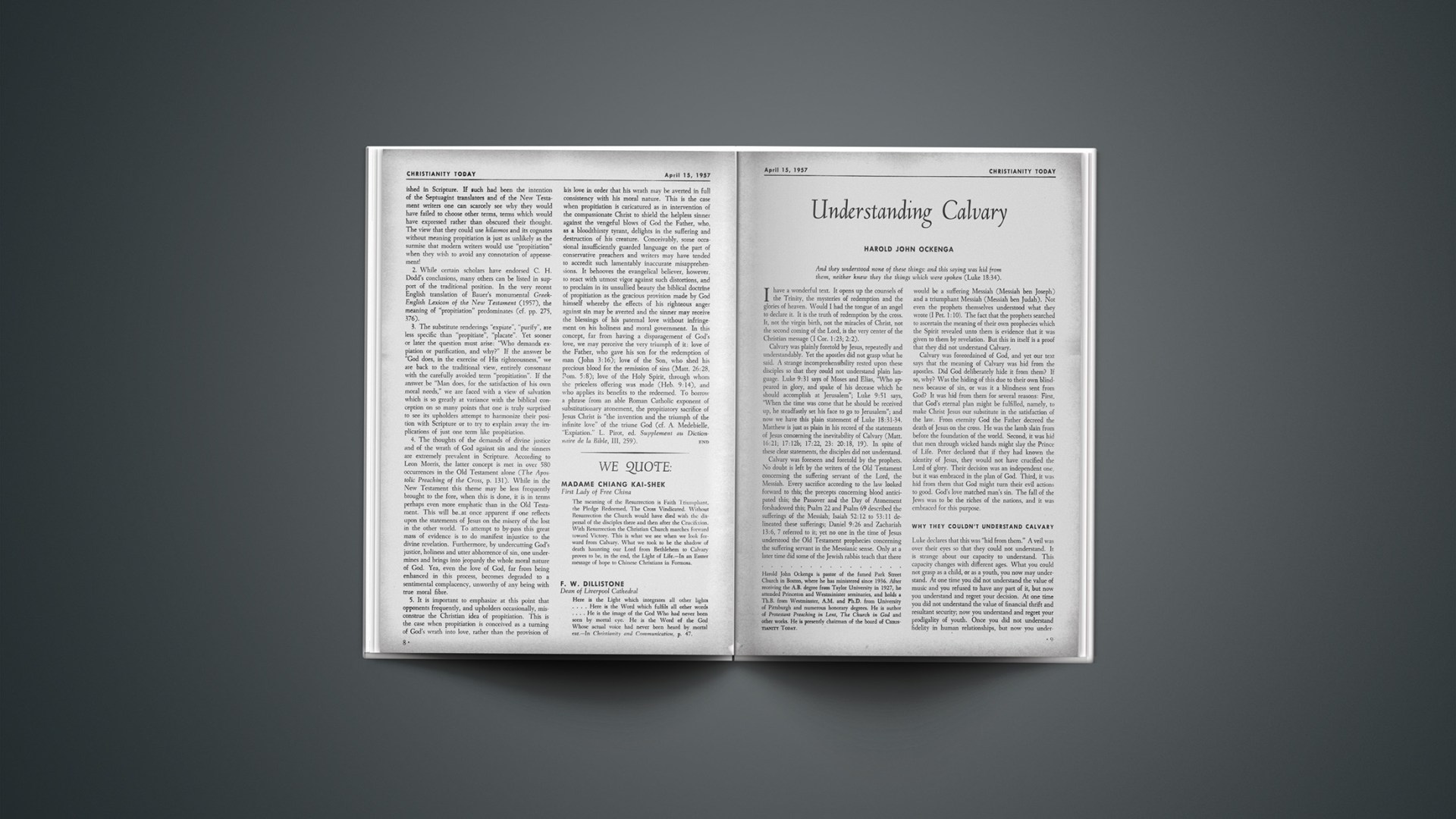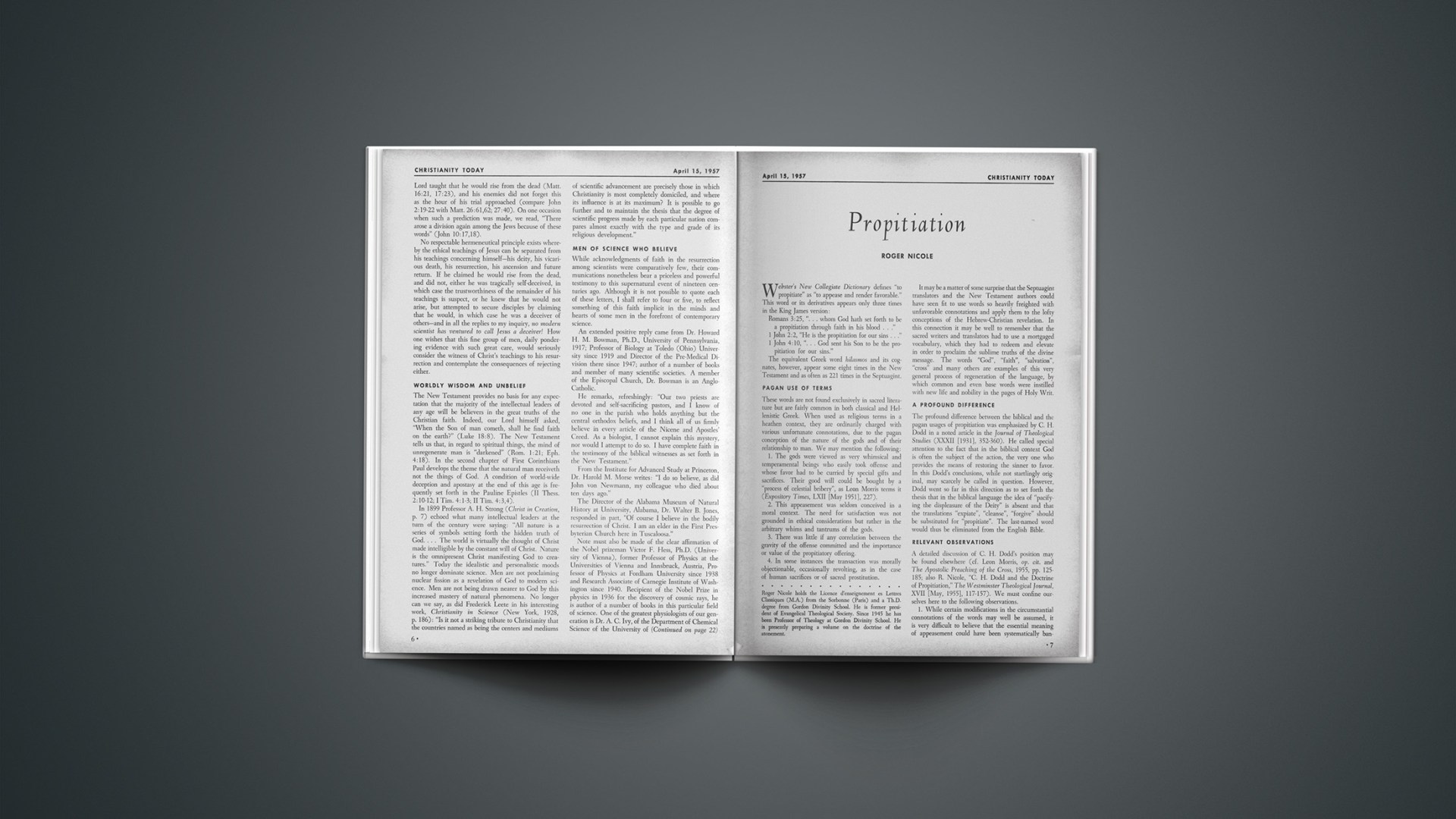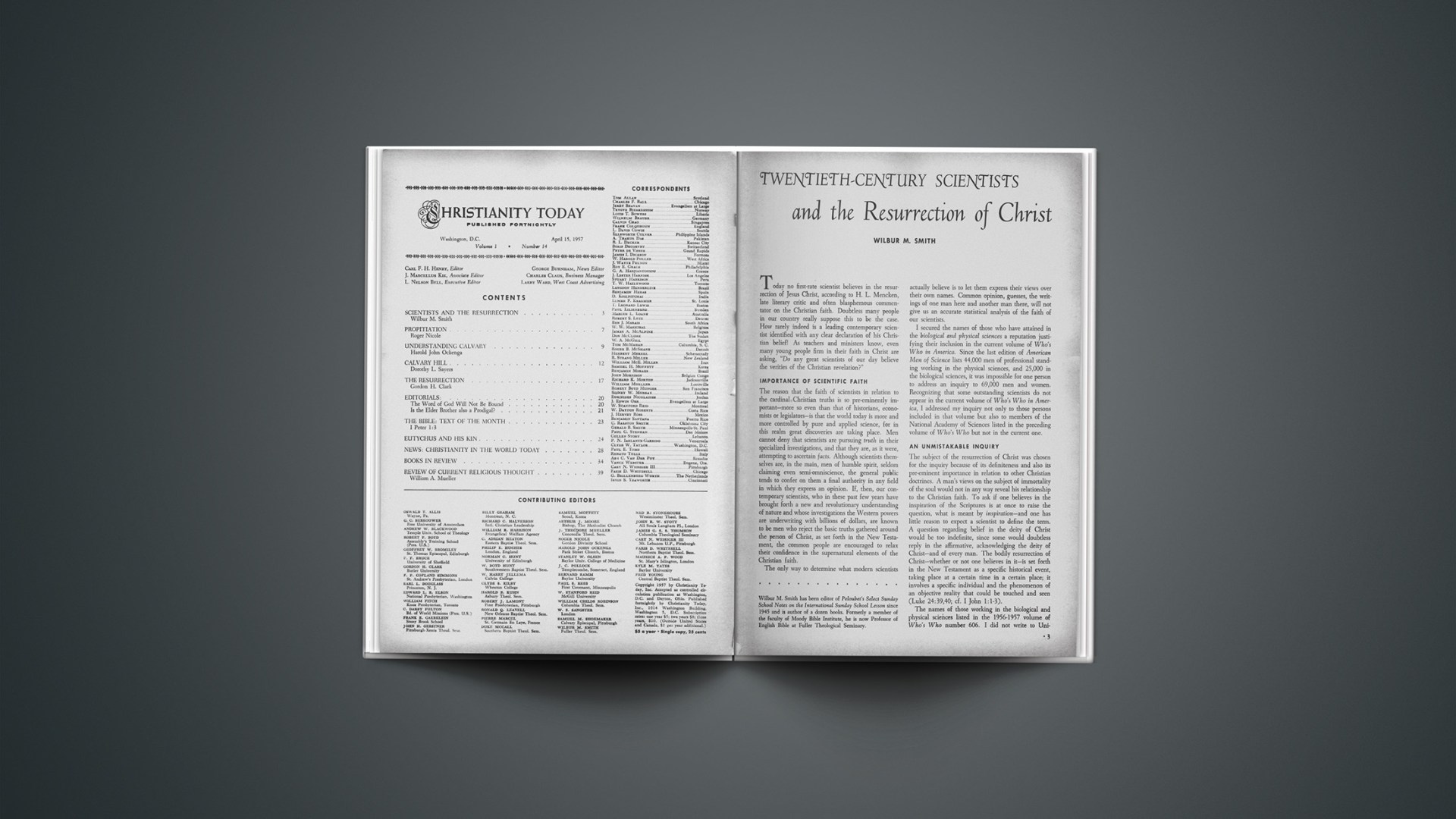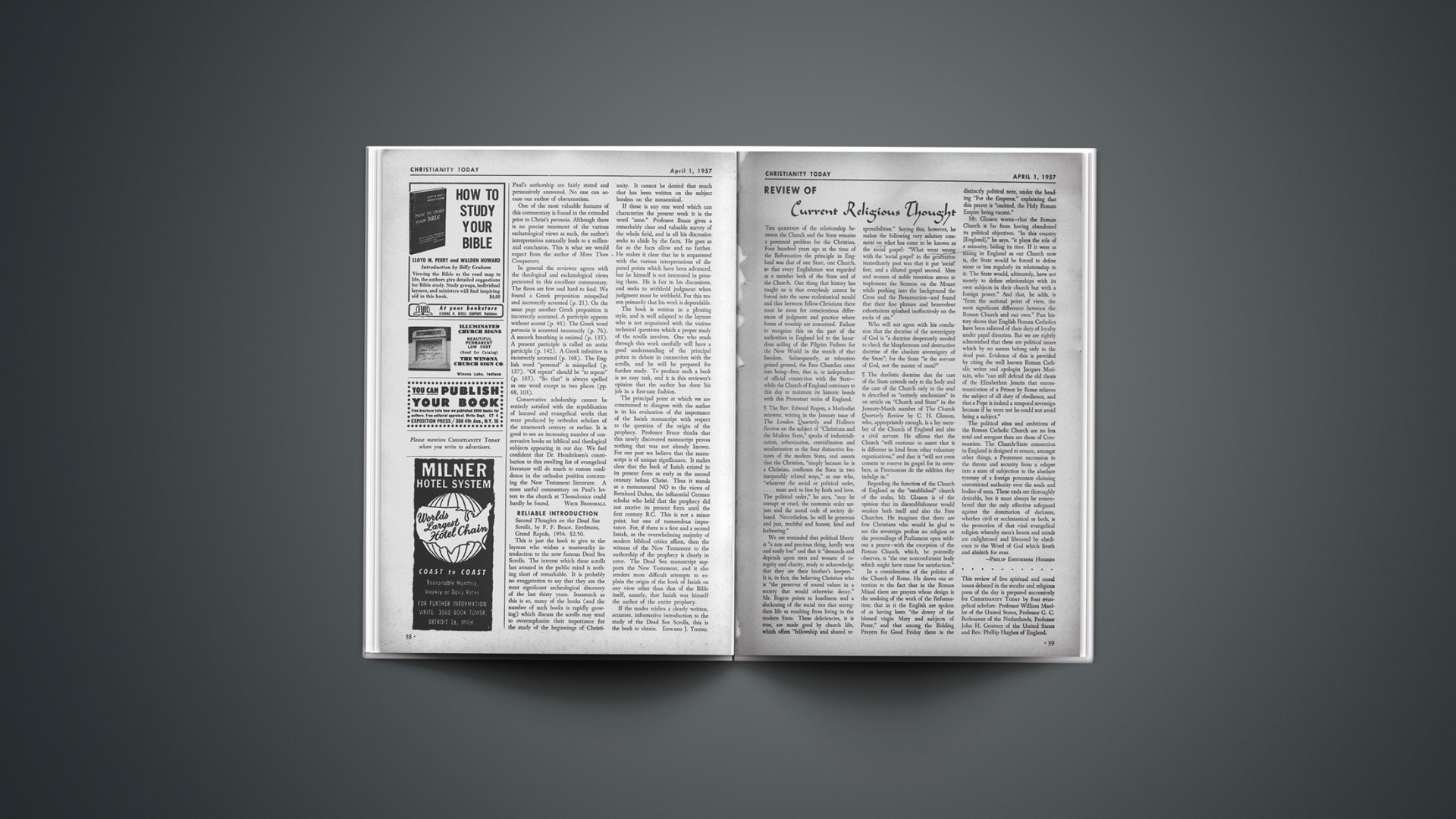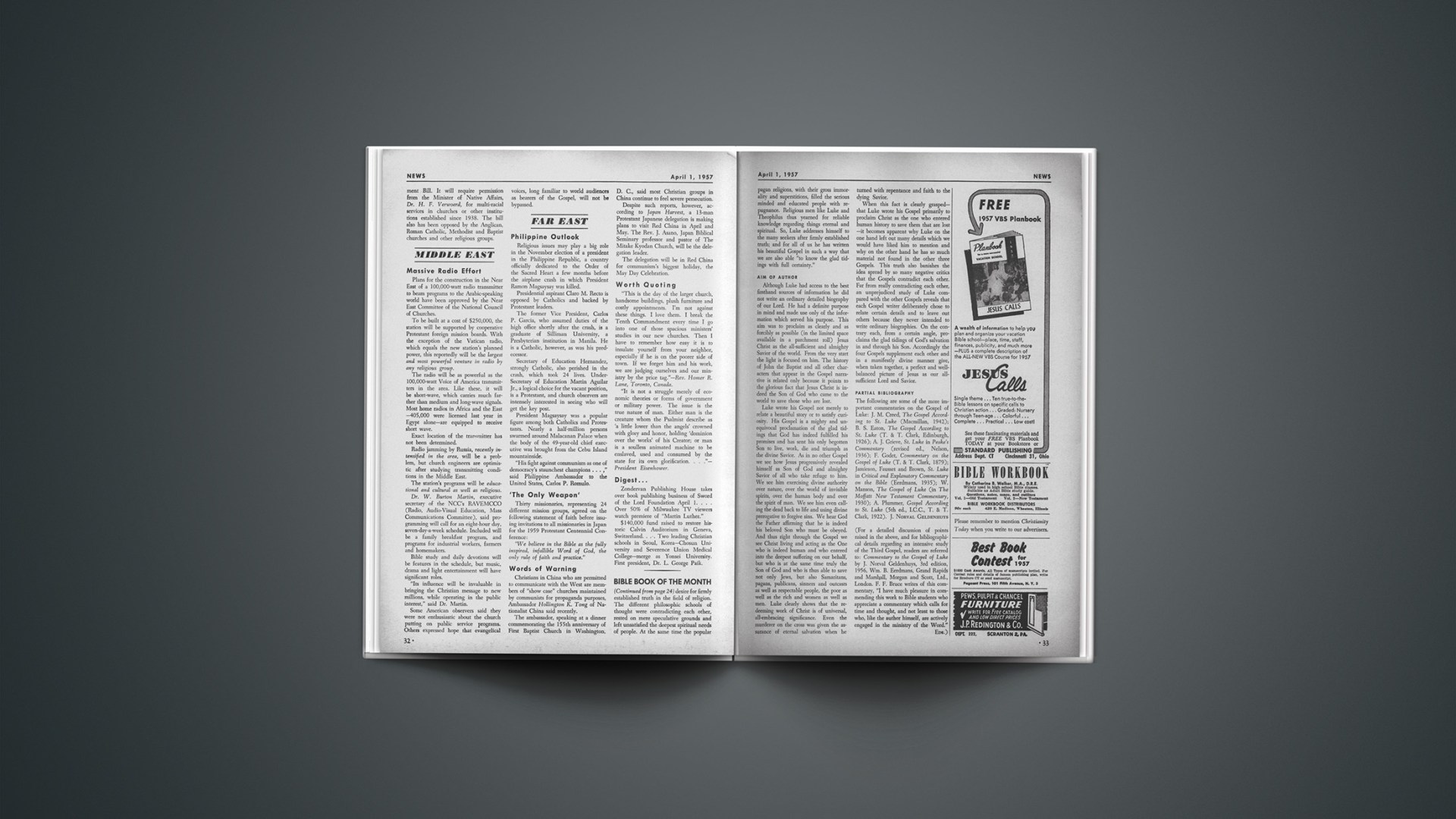Blessed be the God and Father of our Lord Jesus Christ, which according to his abundant mercy hath begotten us again unto a lively hope by the resurrection of Jesus Christ from the dead (1 Peter 1:3).
It is a cold lifeless thing to speak of spiritual things upon mere report: but they that speak of them as their own, as having share and interest in them and some experience of their sweetness, their discourse of them is enlivened with firm belief and ardent affection; they cannot mention them but their hearts are straight taken with such gladness, as they are forced to vent in praises. Thus our apostle here breaks forth into thanksgiving.—BISHOP R. LEIGHTON.
Blessed—A form consecrated to God alone, a completely different word from the blessed of the Beatitudes; and differing from the blessed of the Virgin Mary in that this form implies that blessing is always due on account of something inherent in the person, while the other only implies that a blessing has been received. The idea of blessing God (literally, speaking Him well, Ps. 110:3) is, of course, wholly Hebrew.—BISHOP C. J. ELLICOTT.
God is here blessed, as is frequently the case in the Epistles of Paul, not only as the Father but also as the God of Jesus Christ. Only in Christ and through him do all find and possess God. The paternity points to the eternal generation out of the being of God, (Ps. 2:3) and to the intimate relation to the Incarnate Son.—J. P. LANGE.
Abundant mercy. The idea is, that there was great mercy shown them in the fact that they were renewed. They had no claim to the favour, and the favour was great. Men are not begotten to the hope of heaven because they have any claim on God, or because it would not be right for him to withhold the favour.—ALBERT BARNES.
Born To New Hope
And for Christ’s death; even that also will not save you, without this new begetting; and the text will warrant this too. For consider but this, that he rose again as well as died. Now as he died for the pardoning of your sins, so he rose again to regenerate and beget you again.—THOMAS GOODWIN.
The hope of the Christian is a living hope, in opposition both to a dead and a dying hope—in opposition to the dead hope of the hypocrite, and the dying hope of the self-deceiver.—JOHN BROWN.
Without being converted there is no hope of this inheritance. You may have a dead hope, a false hope, that will deceive you, but not a lively hope. Is any man so fond as to hope for a crown that was not born to it? How then can we hope for heaven, if we have not the new birth, God’s image, to show for it?—THOMAS GOODWIN.
As Christ’s resurrection was the first step unto his glory, and to that exaltation that followed his resurrection, so regeneration is the foundation and first step unto all those privileges of a Christian that follow upon the state of grace.—THOMAS GOODWIN.
Resurrection Of Jesus
The resurrection of the Lord Jesus is the foundation of our hope. It was a confirmation of what he declared as truth when he lived; it was a proof of the doctrine of the immortality of the soul; it was a pledge that all who are united to him will be raised up.—ALBERT BARNES.
The resurrection of our Lord Jesus Christ is one of the most striking and satisfactory proofs of the divinity of his mission, and, of course, of the truth of all its doctrines; and, among the rest, of that grand characteristic doctrine of his gospel on which the hope of eternal life is founded.—JOHN BROWN.
The oneness of believers with Christ is the explanation of the connection between his resurrection and theirs. It is because Christ and they are one by faith, that his resurrection involves theirs, and their resurrection is of the same kind as his. They are themselves in him; and their resurrection consequently is also in him. His resurrection is theirs.—ROBERT S. CANDLISH.
There is an intimate connection between the saint’s resurrection and that of Jesus Christ. The simple re-union of their souls and bodies, is not to be considered as the effect of his mediation, because the same thing will take place with respect to the wicked; and of all opinions none is more absurd than that of certain Divines, who have maintained, that the general resurrection is a privilege which Christ has procured for mankind in general by his death. To the wicked the resurrection is not a privilege, but a curse; it is not the effect of the goodness, but of the avenging justice of God. What the saints owe to his mediation is a happy resurrection, the change of tremendous evil into an unspeakable blessing.—JOHN DICK.
It is the Gospel alone that gives the well-grounded hope of eternal life; and the ground on which this hope rests is the resurrection of Christ himself. The certainty of our Lord’s resurrection is the great seal of the Gospel. The resurrection of the human nature of Christ, the incontestable proofs of this resurrection and the ascension of our nature to heaven in his person, are such evidences of the possibility and certainty of the thing, as forever to preclude all doubt from the hearts of those who believe in him.—ADAM CLARKE.
That he died manifests his love and his willingness to save. It is his rising again that manifests his power and his ability to save. We cannot be saved by a dead Christ, who undertook but could not perform, and who still lies under the Syrian sky, another martyr of impotent love. To save, he must pass not merely to but through death. If the penalty was fully paid, it cannot have broken him, it must needs have been broken upon him. The resurrection of Christ is thus the indispensable evidence of his completed work, of his accomplished redemption. It is only because he rose from the dead that we know that the ransom he offered was sufficient, the sacrifice was accepted, and that we are his purchased possession. In one word, the resurrection of Christ is fundamental to the Christian hope and the Christian confidence.—B. B. WARFIELD.

